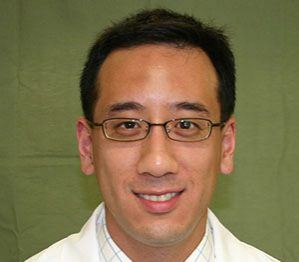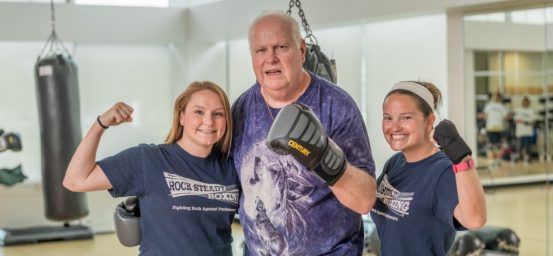CentraState provides comprehensive inpatient and outpatient therapy services to people of all ages with speech, language, voice, swallowing, and cognitive-linguistic deficits. Our speech-language pathologists have advanced training and are certified by the American Speech-Language-Hearing Association (ASHA).
THERAPY TREATMENT METHODS
Voice or swallowing difficulties can happen in patients with stroke, progressive neurological diseases such as Parkinson’s disease and multiple sclerosis, traumatic brain injury or brain tumor, and head and neck cancer. We treat patients for:
- Receptive and expressive language impairment/aphasia (a communication disorder resulting from damage or injury to the brain)
- Apraxia (a motor disorder affecting speech)
- Dysarthria (slurred speech)
- Difficulty swallowing
- Changes in voice quality
- Changes in cognition (memory, ability to think clearly or organize daily responsibilities)
- Pediatric diagnoses:
- Articulation and phonology disorders
- Speech delay
- Language delay or disorder
- Auditory processing disorder
- Feeding or swallowing difficulties
- Fluency
- Voice disorder
- Cognitive impairments
- Apraxia
- Augmentative and alternative communication
CentraState’s VitalStim® Therapy program is designed for outpatients with dysphagia—or problems swallowing—which can happen due to stroke, a traumatic head injury, certain cancer treatments, or the onset of a neurological disease or respiratory condition. VitalStim® Therapy uses an electrical current to stimulate the muscles that are responsible for swallowing. While the muscles are stimulated, a trained rehabilitation specialist guides the patient through a series of exercises designed to “re-educate” the muscles to help with swallowing.
For more information on VitalStim® Therapy at CentraState, please call 732-294-2700.
SPEECH-LANGUAGE RESOURCES
Speech and language therapy patients should complete the appropriate forms and bring them to the first appointment:






